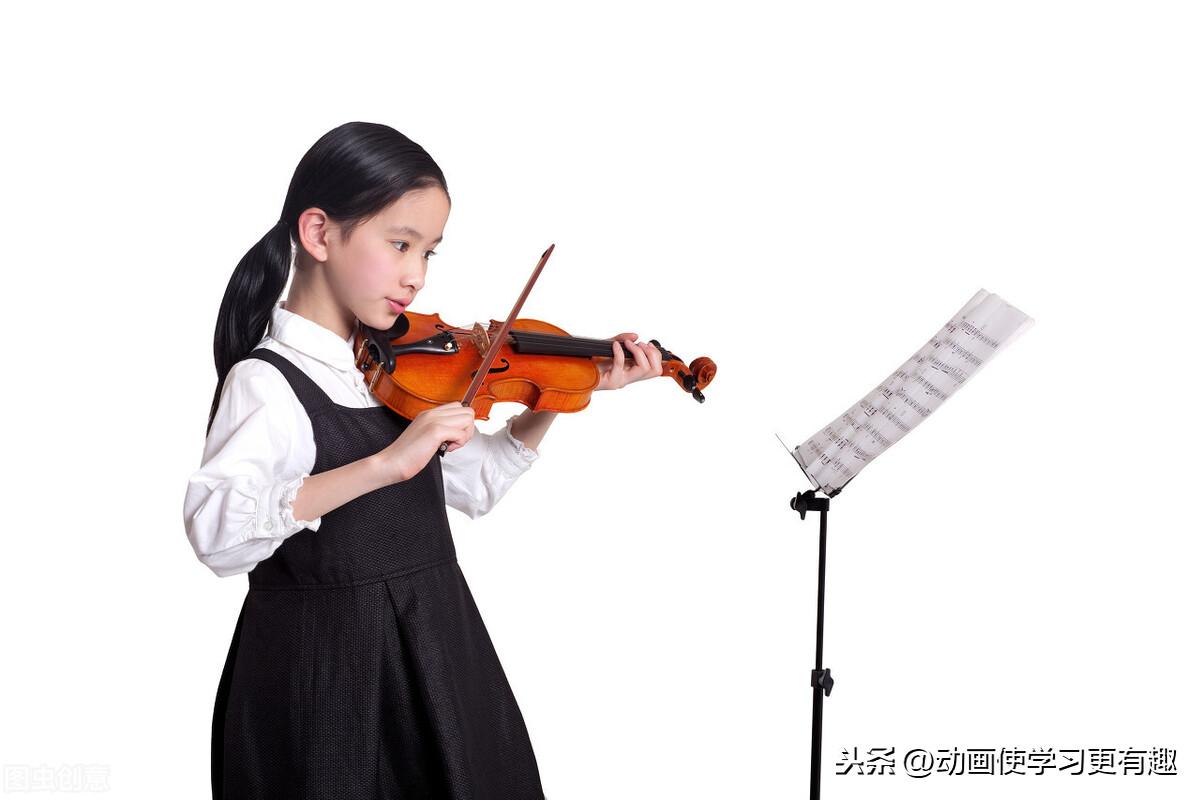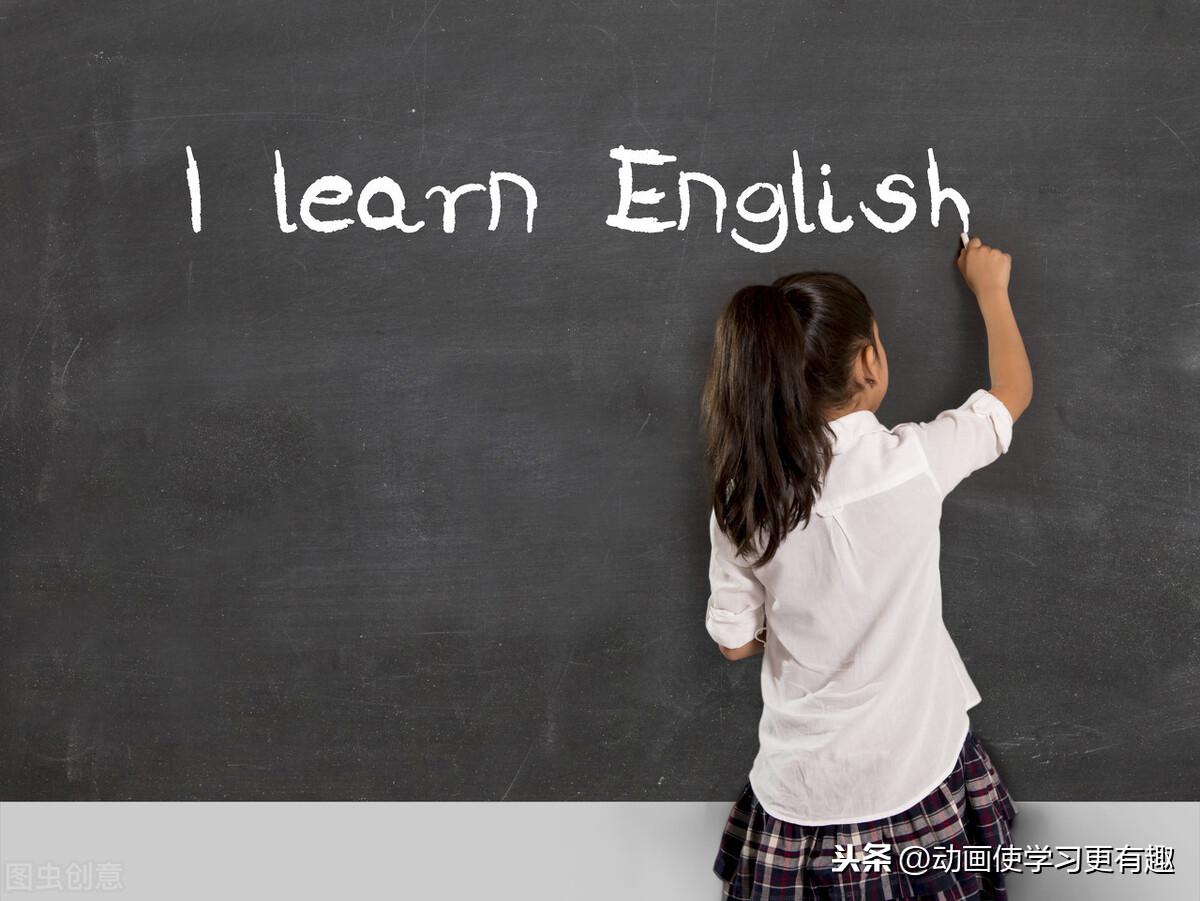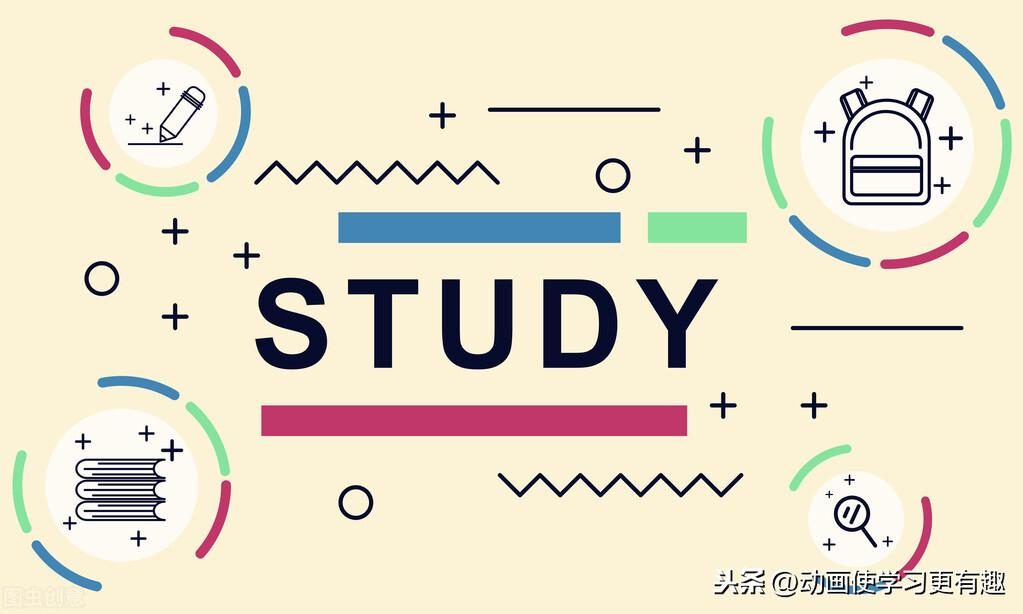
Unit 1 It's Time to Play the Violin
一、 核心词汇
1. 名词: violin 小提琴 tooth 牙齿 hour 小时
2. 副词: always 总是;一直 usually 通常;常常 o'clock……点钟
3. 动词: learn 学习 brush 刷;擦
4. 短语: play the violin 拉小提琴 do eye exercises 做眼保健操 play sports 参加体育活动 learn English 学英语 have a rest 休息一下 take out the book 取出书本 right now 立刻;马上
5. 其他: matter 要紧;重要 afraid 恐怕;害怕 half 半;一半 past 超过;超出
二、拓展词汇
1. 名词: time 时间 Saturday星期六 morning早上 afternoon下午 breakfast早饭
dinner晚饭 face脸
2. 动词及其第三人称单数形式: get(s)得到 brush(es)刷;擦 wash(es)洗 run(s)跑
watch(es)看;注视 play(s)玩;弹奏 go(es)去;走
3. 代词: my 我的 your 你的 her 她的 I 我 you 你 she 她 it 它
4. 副词: first首先;第一 then 然后
5. 介词: after 在……以后 on/at/in 在……之时 with 和
6. 短语: cook dinner 做晚饭 go to bed 去睡觉 go swimming 去游泳 brush my teeth刷牙 have lunch 吃午饭 watch TV 看电视 read a book 看书 do my homework 做家庭作业
get up 起床

三、核心句型
1. — What time do you usually get up? 你通常几点起床?
— I get up at seven. 我七点起床。
解读: 这是用于询问某人在什么时间做某事及其回答的句型。
举一反三: — What time do you often go to school?你经常几点去上学?
— I go to school at half past seven. 我七点半去上学。
2. It's time to play the violin. 该拉小提琴了。
解读: 此句是表示在某个时间该做某事了的句型。相同意思的句型: Its time for + 名词.
举一反三: It's time to clean the classroom. 该打扫教室了。
It's time to play the piano. 该弹钢琴了。
3. I'll play the violin right now. 我马上就去拉小提琴。
解读: 这是含有情态动词will的一般将来时的句子。
举一反三: I will learn English after that. 在那之后我将学英语。
4. On Saturday morning, Li Shan always gets up at half past six. 星期六早晨, 李珊总是在六点半起床。
解读: 该句是一个一般现在时的句子, 在句中因为主语Li Shan是第三人称单数, 所以其后面的动词要变成第三人称单数形式。
举一反三: He always goes swimming on Sunday. 他总是在星期日去游泳。
四、了解句型
1. What do you do every day?你每天做什么?
解读: 该句是由what 引导的特殊疑问句, 意思是"你每天做什么?"
2. — What are you doing, Wu Chen?你正在做什么, 吴晨?
— I'm having a rest. 我正在休息。
解读: 这是现在进行时的语句, 询问并回答某人正在做的事情。现在进行时中的be动词要随主语的变化而变化。
3. You'll have no time to have breakfast. 你将没有时间吃早饭。
解读: 句子中have no time 表示"没有时间……"。
